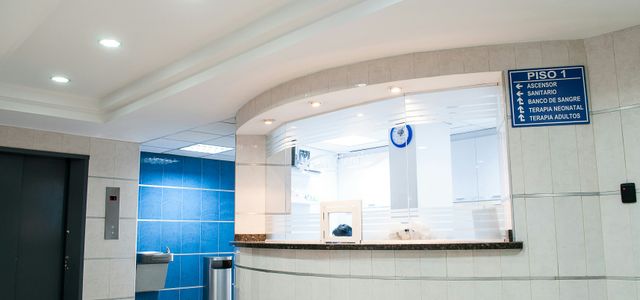
CHOSA Oncology's Breakthrough in Personalized Cancer Therapy
Sammanfattning
CHOSA Oncology's cisplatin DRP® has been validated for carboplatin in metastatic breast cancer, enhancing its potential to personalize platinum-based chemotherapy.CHOSA Oncology has made a remarkable stride in the field of personalized oncology with the fifth independent clinical validation of its cisplatin DRP®. This development further solidifies the potential of the cisplatin-derived DRP® to guide individualized treatment decisions across various cancer types and platinum-based regimens.
The latest study analyzed gene expression data from 20 patients with metastatic breast cancer treated with carboplatin within the Danish Breast Cancer Group (DBCG) cohort. Patients were stratified based on their Platin-DRP® score, a transcriptomic biomarker derived from a 205-gene expression signature that quantifies tumor sensitivity to platinum chemotherapy.
Key findings reveal that patients with high DRP scores (>50) experienced significantly longer time to progression, with a median of 6.5 months, compared to those with lower scores (≤50), who had a median of 2.1 months. A 50-point increase in DRP score was associated with a hazard ratio of 0.31, indicating a statistically significant reduction in the risk of progression.
These results extend previous validations of the cisplatin DRP® in lung and bladder cancer, now confirming its predictive utility for carboplatin in metastatic breast cancer. According to Peter Buhl Jensen, CEO of CHOSA Oncology, this expansion of the clinical and commercial potential of the Platin-DRP® as a precision-oncology tool is a significant step forward in selecting the right patients for platinum therapy, which is one of the most widely used chemotherapy classes worldwide.
The implications of these findings are profound, especially for patients with triple-negative breast cancer (TNBC), which constitutes about 20% of breast cancer cases. TNBC patients often receive a combination of platinum-based chemotherapy and immunotherapy before surgery, with significant success rates. However, the effectiveness largely depends on the cancer's responsiveness to the treatment, making predictive tools like the cisplatin DRP® invaluable.
Given the promising results, CHOSA Oncology's cisplatin DRP® offers a substantial opportunity for clinicians to tailor treatments more effectively, minimizing exposure to ineffective and potentially toxic therapies for patients unlikely to benefit. This advancement not only enhances patient outcomes but also optimizes resource allocation in healthcare settings.
From an investment perspective, CHOSA Oncology's achievements in personalized medicine and its strategic positioning in the oncology biotechnology sector suggest a favorable outlook. Investors may consider a buy stance, as the company continues to expand its portfolio and validate its innovative tools across multiple cancer types.



